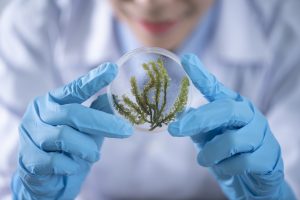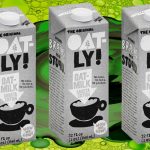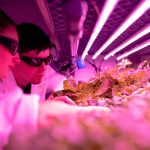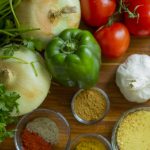The Dilemma of Fake Food
The modern world is witnessing a mad rush towards fake food, such as genetically-modified soy-based fake meat. This trend is not only undermining the importance of food diversity and culinary cultures but also posing a serious threat to the planet and human health. This article delves into the complexities of this issue, exploring the essence of food, the impact of industrial food systems, the potential of biodiversity-intensive agriculture, and the cultural implications of food choices.
Understanding Food as Life
Food: Beyond a Commodity
Food is not merely a commodity or a mechanical creation in labs and factories. It is life itself, a living currency of the web of life. Food holds the potential for health and disease, depending on how it is grown and processed. Ancient wisdom reminds us that everything is food, and everything is something else’s food. Good and real food are the basis of health, while bad, industrial, fake food leads to disease.
The Philosophical Perspective
In various ancient traditions, food is considered medicine. In Ayurveda, India’s ancient science of life, food is called “sarvausadha”: the medicine that cures all diseases. The reduction of food to a commodity in industrial food systems has nearly destroyed both the planet’s health and our health. Food is a living system that connects us to the ecosystem and other beings, and its reduction to mere “stuff” is an ontological violation.
The Devastation Caused by Industrial Food Systems
Environmental Impact
It is estimated that 75% of the planetary destruction of soil, water, biodiversity, and 50% of greenhouse gas emissions come from industrial agriculture. Chemical agriculture doesn’t return organic matter and fertility to the soil but contributes to desertification and land degradation. It also demands more water since it destroys the soil’s natural water-holding capacity.
Loss of Biodiversity
Industrial food systems have destroyed the biodiversity of the planet through the spread of monocultures and the use of toxics and poisons. This is leading to the killing of bees, butterflies, insects, birds, and the sixth mass extinction. The loss of biodiversity is not just an environmental issue; it’s a threat to the very fabric of life on Earth.
Health Consequences
Industrial agriculture contributes to 75% of food-related chronic diseases. The use of chemicals and artificial methods in food production has led to a rise in various health issues, including obesity, diabetes, heart diseases, and even cancer. The link between food and health has never been more evident and alarming.
Biodiversity-Intensive Agriculture as a Solution
Nutritional Benefits
Biodiversity-intensive and poison-free agriculture produces more nutrition per acre while rejuvenating the planet. It shows the path to zero hunger in times of climate change. Small, biodiverse farms using 25% of the land provide 70% of the food, offering a more sustainable and nutritious alternative to industrial agriculture.
Economic and Social Impact
Industrial agriculture, based on fossil fuel and chemical-intensive monocultures, uses 75% of the land but produces only 30% of the food. This imbalance has social and economic implications, affecting farmers’ livelihoods and leading to inequality in food distribution. The shift towards biodiversity-intensive agriculture can empower local communities and create a more equitable food system.
Averting a Dead Planet
At the current rate, if the share of industrial agriculture and industrial food in our diet increases, we risk having a dead planet with no life and no food. The choice between biodiversity-intensive agriculture and industrial agriculture is not just a matter of preference; it’s a matter of survival.
The Controversy of GM Soy and Glyphosate
The Rush for Fake Food
The mad rush for fake food, like genetically modified soy-based fake meat, is a recipe for accelerating the destruction of the planet and human health. The use of GM soy is not an “environmentally responsible option,” especially considering the ecological consequences.
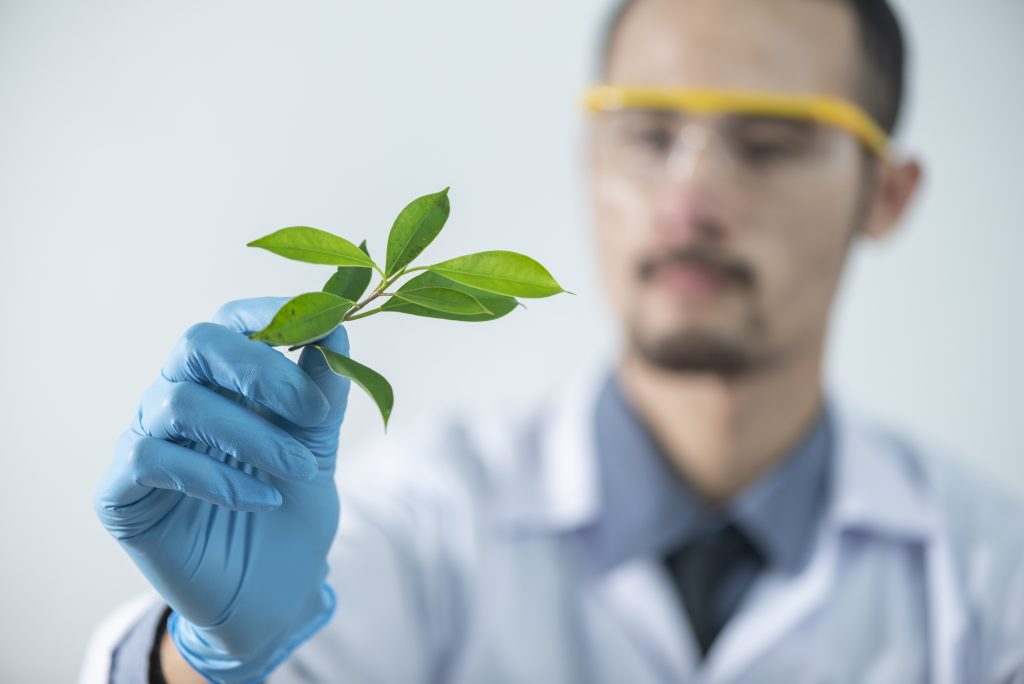
Photo by on Pexels
Glyphosate and Health Risks
The “Impossible Burger” based on GMOs and Roundup-sprayed soy has been found to have high levels of glyphosate, a substance linked to cancer. Recent court cases have showcased these links, and the investments in Roundup Ready GM soya reflect a blindness to market realities and health concerns.
Ethical Considerations
The promotion of GM soya as “fake meat” is misleading to consumers in terms of both the ontology of the product and claims of safety. The ethical considerations surrounding transparency, consumer choice, and environmental responsibility are central to this debate.
The Cultural and Economic Dynamics of Fake Food
The Gold Rush to Fake Food
The promotion of fake foods seems to be an attempt to revive the failing GMO agriculture and junk food industry. Investments in “plant-based food companies” have soared, reflecting a profit-driven approach that disregards the web of life and the role of living food.
Food Imperialism
The industrial West’s push for fake food is the latest step in a history of food imperialism. Soya, a gift of East Asia, has been turned into a tool of imperialism, destroying plant diversity. The colonization of diverse food knowledges and cultures continues, with serious cultural and social implications.
The Fight for Food Sovereignty
The rise of consciousness and awareness that organic, local, fresh food is real food is leading to a global movement for food sovereignty. This movement challenges the dominance of industrial food systems and advocates for the rights of communities to control their food production and consumption.
Embracing Real Food for a Healthy Future
We stand at a precipice of a planetary emergency, a health emergency, and a crisis of farmers’ livelihoods. Fake food will accelerate the rush to collapse, while real food offers a chance to rejuvenate the earth, food economies, food sovereignty, and food cultures. Through real food, we can decolonize our food cultures and consciousness, remembering that food is living and gives us life.
The choices we make about what we eat have profound implications for the planet, our health, and our cultural heritage. The path towards real food is not just a dietary choice; it’s a path towards healing, sustainability, and a more just and compassionate world.
Credits: This article is based on insights and information from the original article titled “How fake food accelerates the collapse of the Planet and our health” published on LifeGate. The original piece provides a compelling perspective on the urgent need to recognize the value of real food and the dangers of the industrialized and artificial food system.


